In the context of Vietnam's commitment to achieving the Net Zero target by 2050 at COP28, businesses must not only aim for sustainable economic development but also create positive values for the environment and society.
Vietnamese consumers increasingly prioritize products produced by businesses that focus on sustainable development. Statistics from the Ministry of Industry and Trade show that up to 72% of Vietnamese people are willing to pay more for products that focus on sustainability. This is not only a trend, but also a change in consumer behavior.
Accordingly, with competition from countries such as Thailand, China, Korea, etc., Vietnamese enterprises, in addition to ensuring product quality and consolidating competitive advantages, also need to build a sustainable development strategy focusing on three factors: environment, society, and governance (ESG).
In addition to creating products that meet international food safety standards, Uniben has made ESG a guiding principle for its long-term development journey.
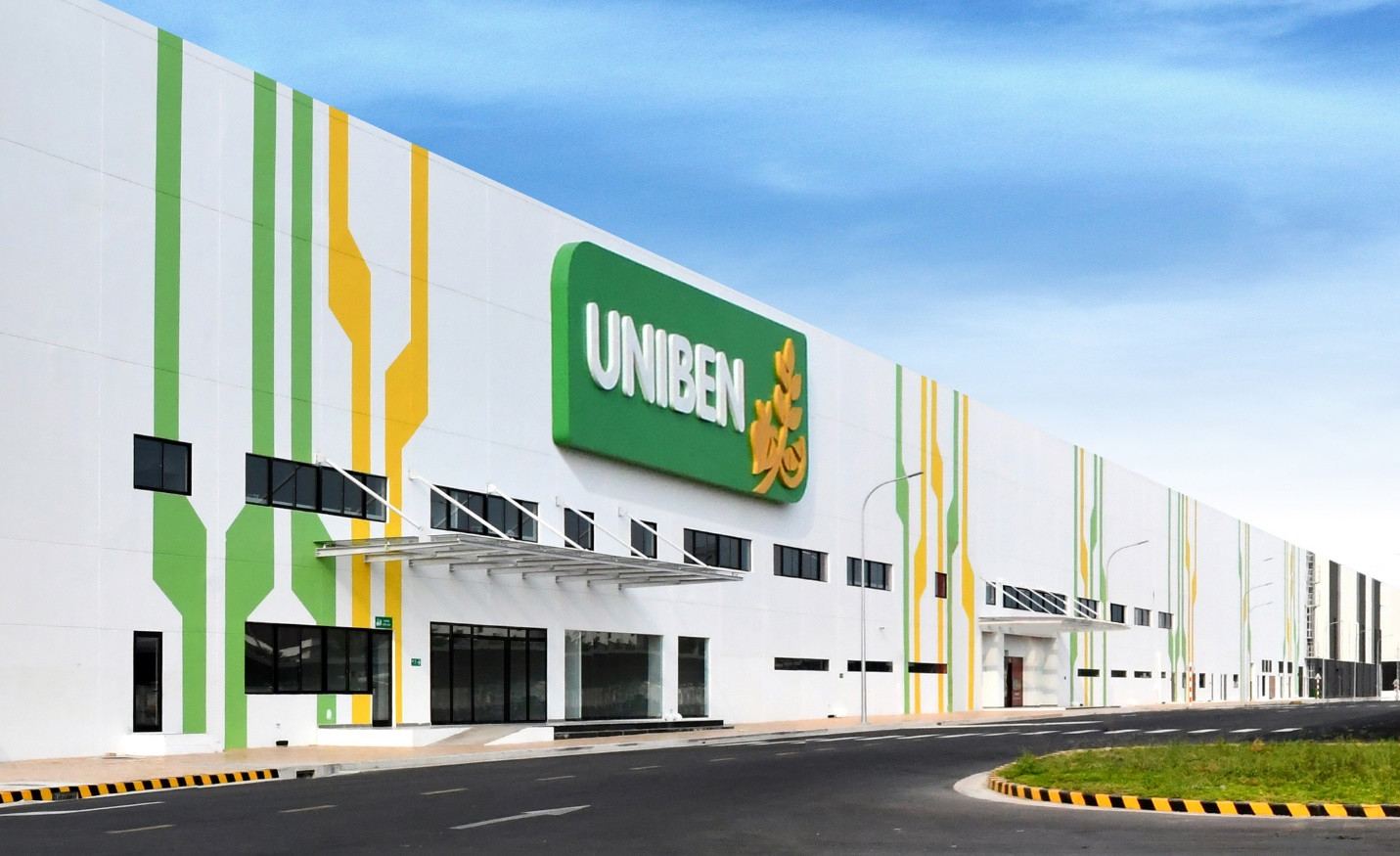
Integrate sustainable principles into every product.
In line with the goal of Net Zero by 2050, each Uniben product not only ensures safety and meets user experience but also integrates sustainable principles based on leading infrastructure and technology with sustainable initiatives.
Uniben has built 3 modern factories according to European standards in Binh Duong and Hung Yen. These factories not only meet the highest requirements for food safety according to FSSC 22000 standards but also use energy efficiently and save energy.
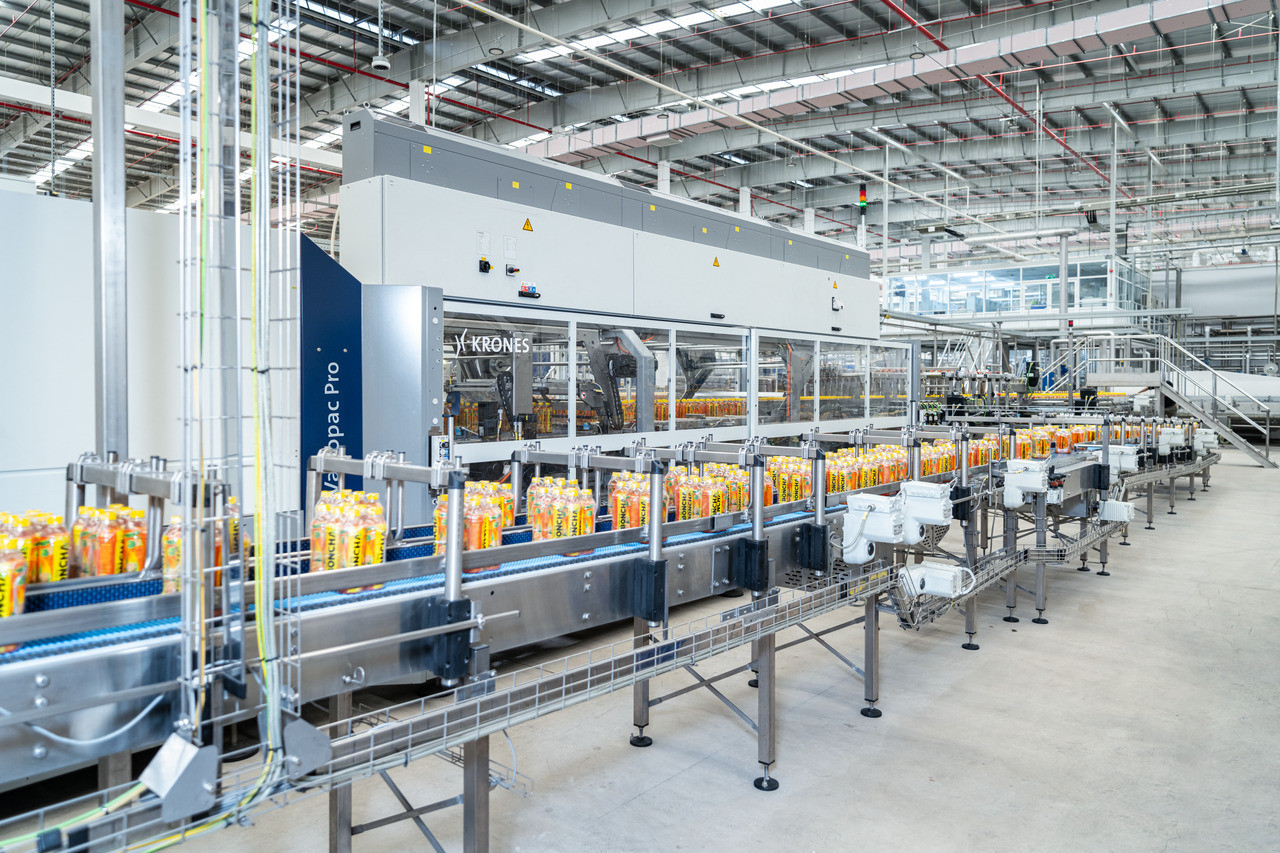
The modern, closed Hotfill and CSD beverage production line is imported from a leading supplier in Germany. This process not only increases productivity but also reduces energy consumption and saves up to 30% of raw materials. At the same time, advanced technology also increases accuracy, minimizes operational risks, and ensures that products are always of the highest quality.
Combining sustainable initiatives based on its strengths in production lines and technology, Uniben has actively reduced plastic emissions. Since 2023, BONCHA Honey Tea has reduced an average of 2g of plastic, equivalent to 10% of the plastic content on each product packaging, helping to cut hundreds of tons of plastic each year. Notably, despite reducing plastic, the product still maintains the user experience with a sturdy, aesthetic bottle design and quality throughout the production, transportation and distribution process.
The roadmap to reduce plastic in beverage and instant noodle packaging will continue to be implemented, aiming to reduce plastic by 30% by 2030. At the same time, the Company plans to increase 20% of recycled, biodegradable or reusable packaging, not only contributing to environmental protection but also maintaining product experiences for modern consumers.
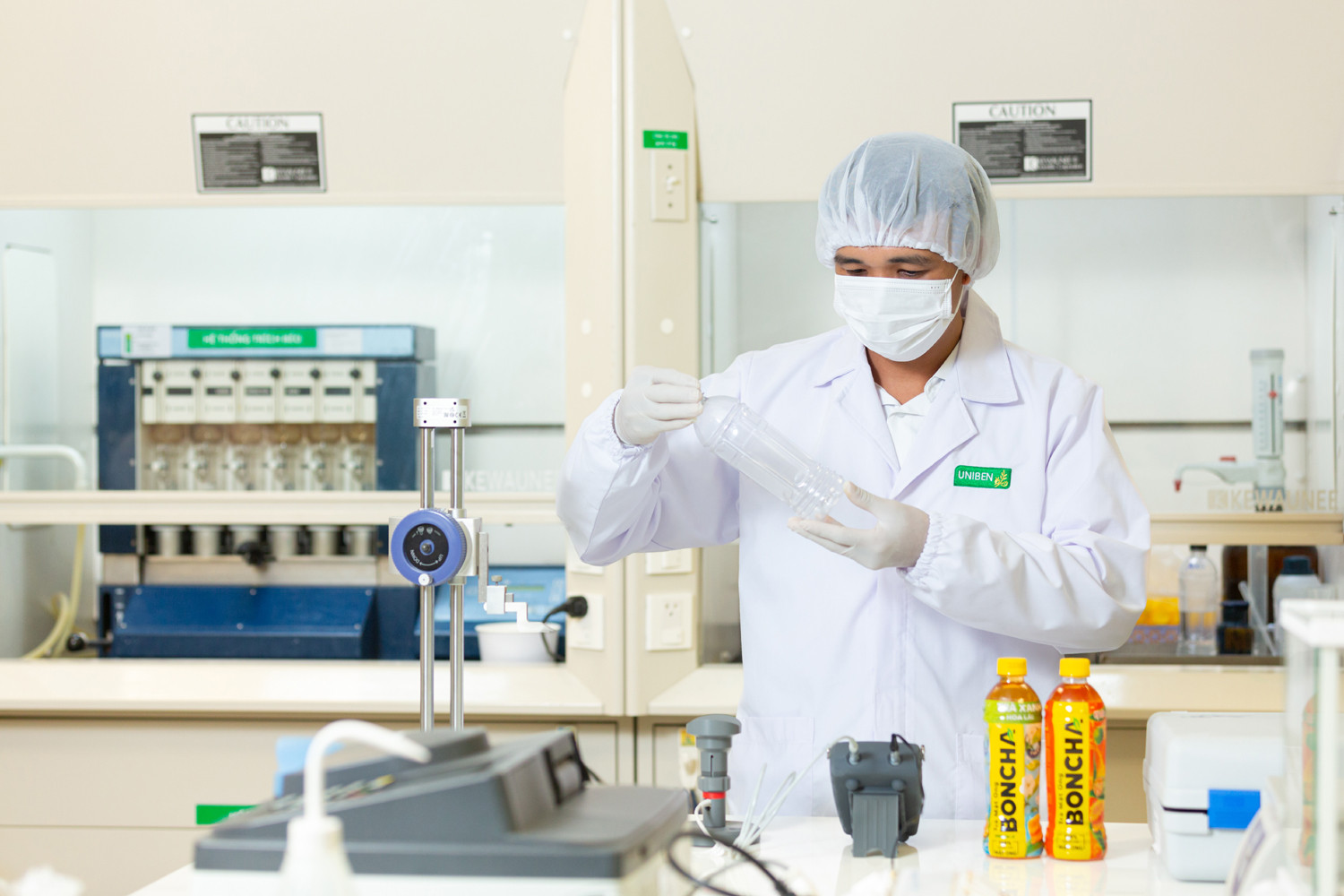
UNIBEN has invested in an automatic “Wrap around” packaging system for all noodle production lines to reduce the amount of carton packaging used. All 3 Mien noodle products have reduced an average of nearly 140g of paper, equivalent to 32% of the amount of paper per product box and saved thousands of tons of paper used for packaging each year. At the same time, the system also reduces 6% of the printing area per noodle box, contributing to reducing the amount of ink and solvent.
In addition to reducing plastic emissions and paper consumption, the company also effectively controls and minimizes its carbon footprint. Uniben is proud to be one of the first businesses to complete a voluntary inventory of greenhouse gas emissions across its entire operations, contributing positively to the Net Zero target by 2050.
“In line with Vietnam's policy, we pursue the mission of bringing comprehensive benefits to the community, where business benefits are linked to creating positive values for people, society and the environment," said a Uniben representative.
Tu Uyen
Source: https://vietnamnet.vn/uniben-san-xuat-ben-vung-huong-den-muc-tieu-net-zero-2358098.html


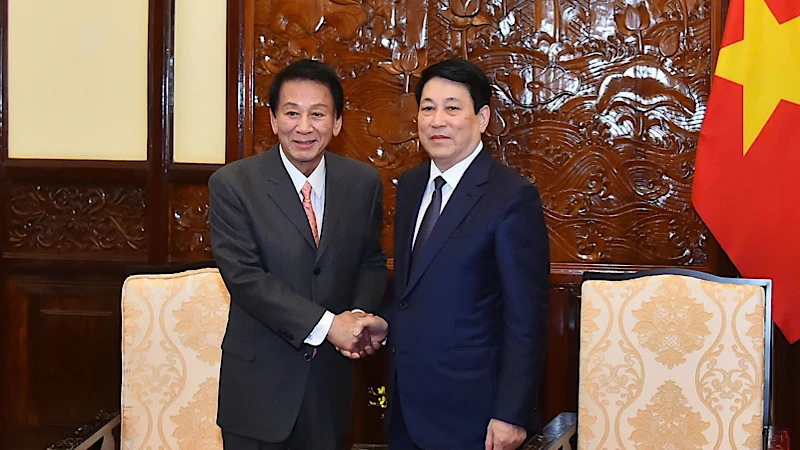
![[Photo] President Luong Cuong receives former Vietnam-Japan Special Ambassador Sugi Ryotaro](https://vstatic.vietnam.vn/vietnam/resource/IMAGE/2025/3/20/db2d8cac29b64f5d8d2d0931c1e65ee9)


![[Photo] Prime Minister receives a number of businesses investing in Ba Ria-Vung Tau province](https://vstatic.vietnam.vn/vietnam/resource/IMAGE/2025/3/20/8e3ffa0322b24c07950a173380f0d1ba)
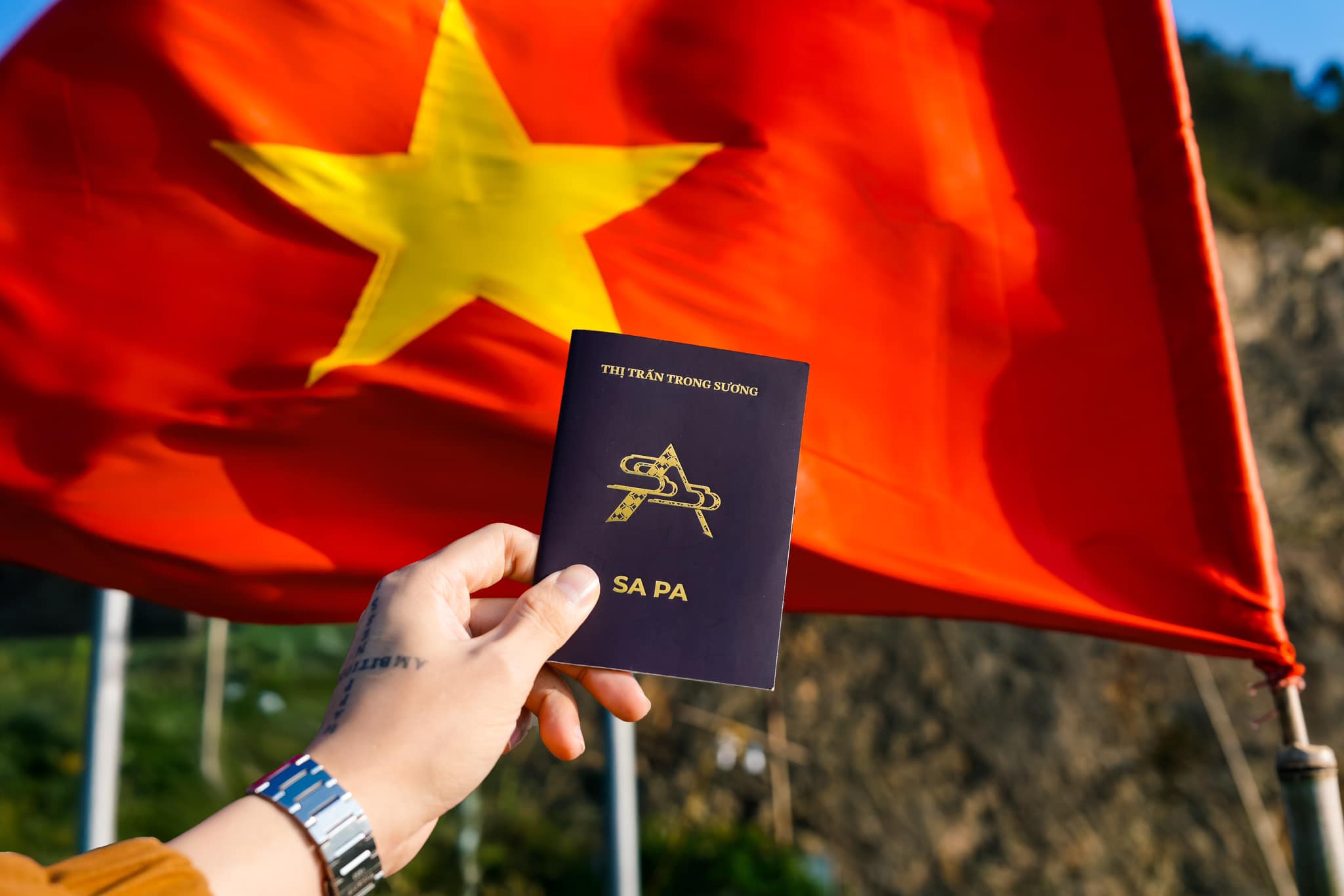


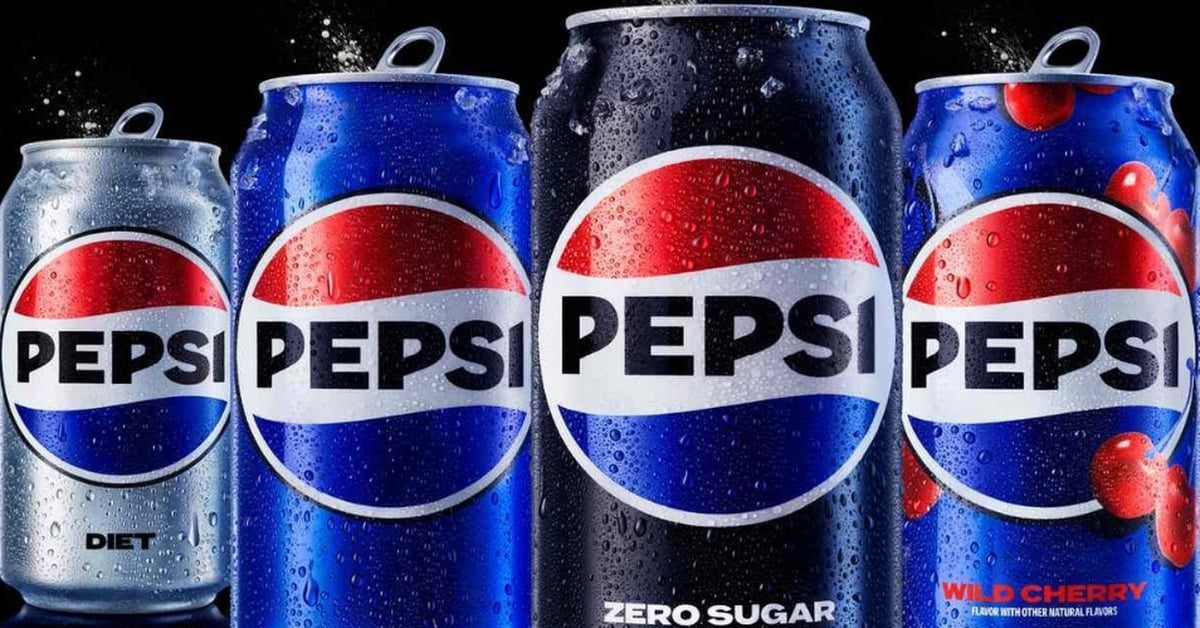

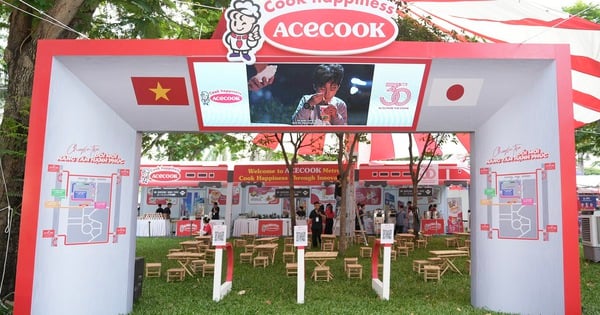

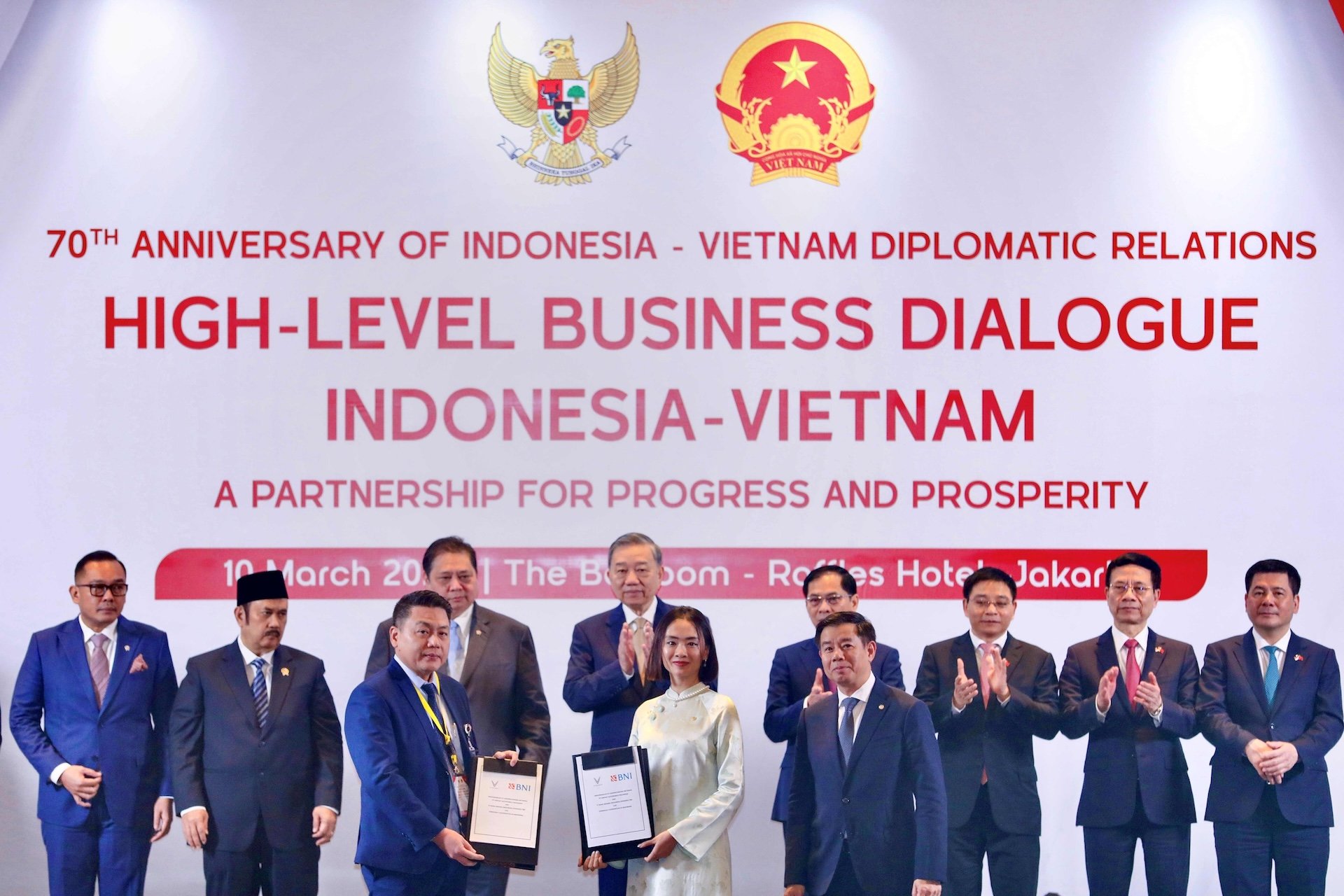

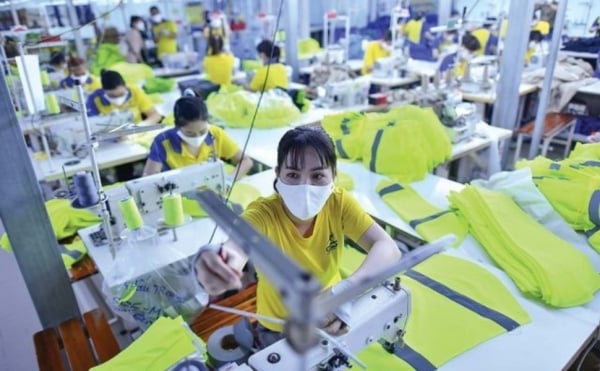

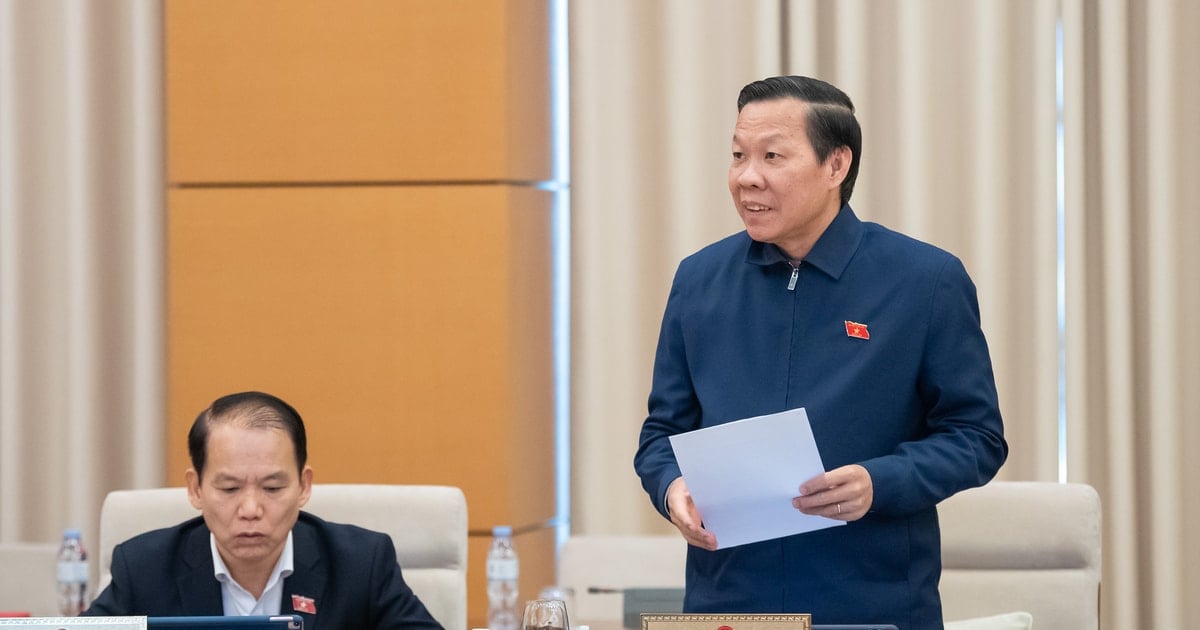

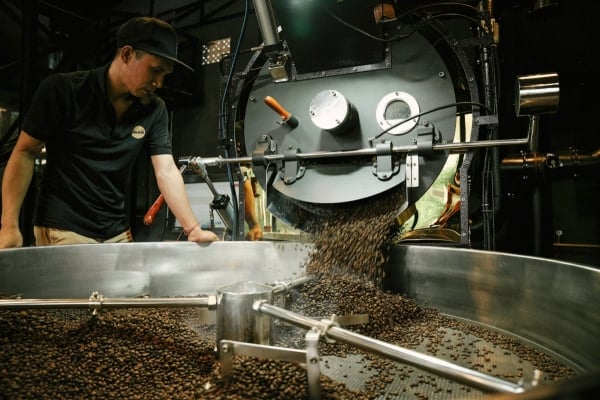


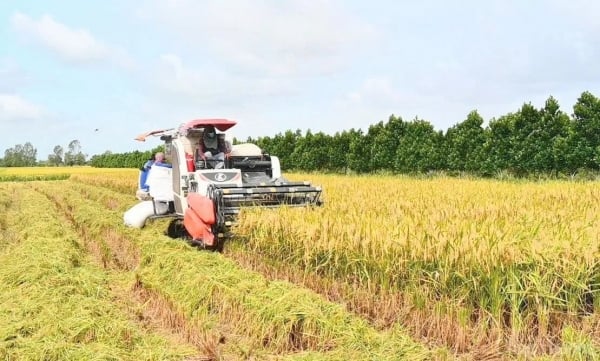
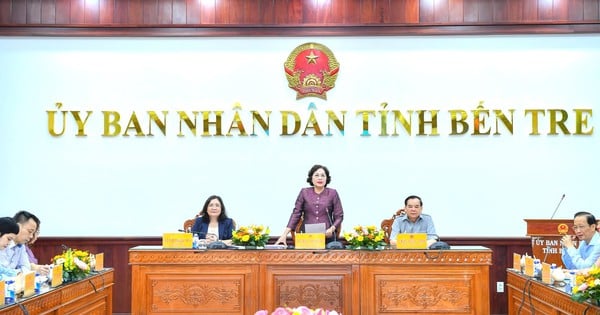
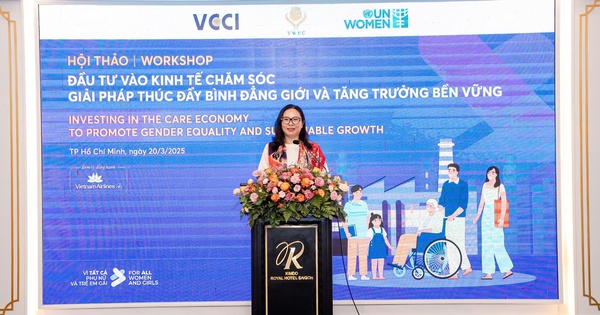




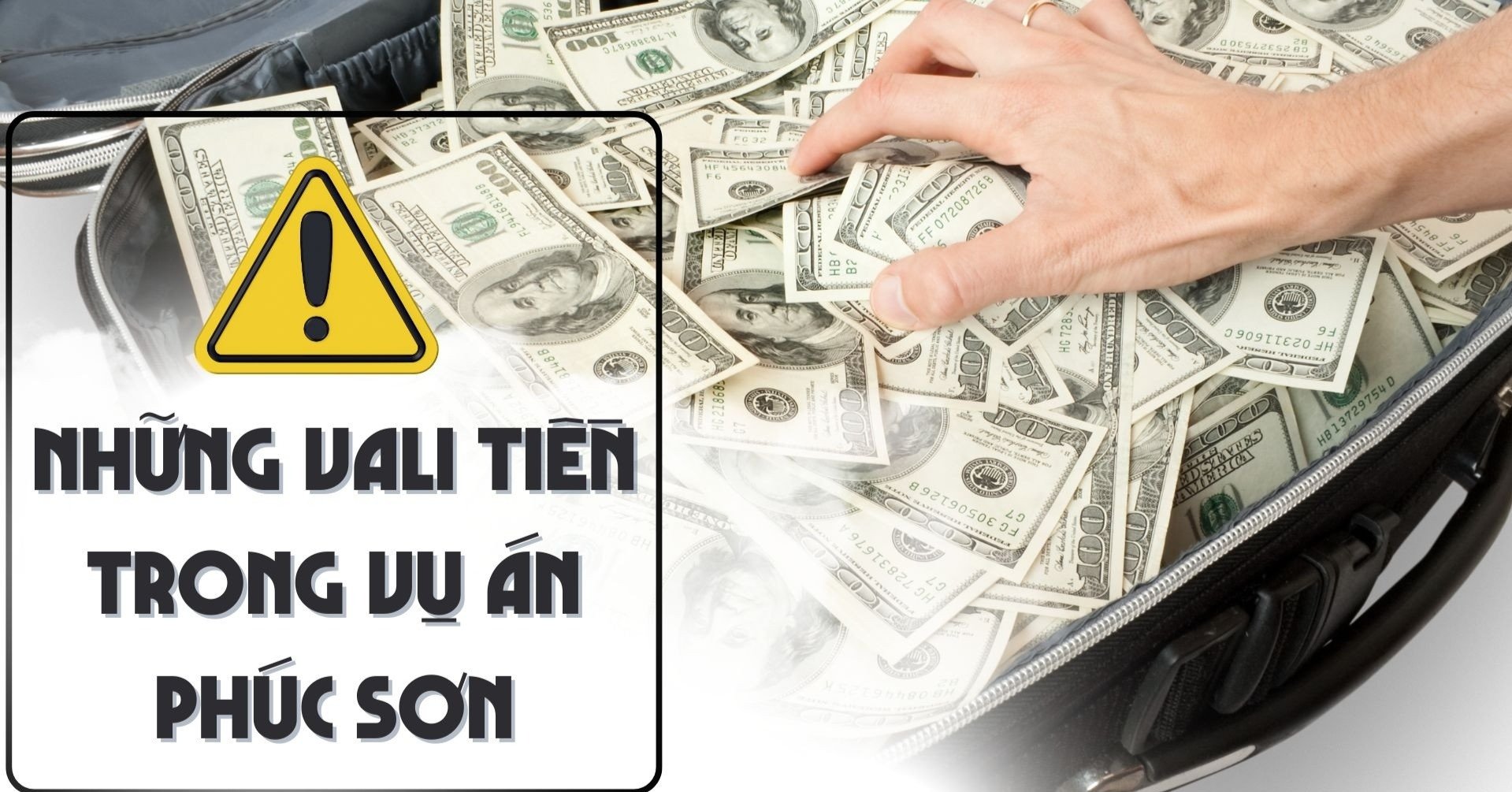
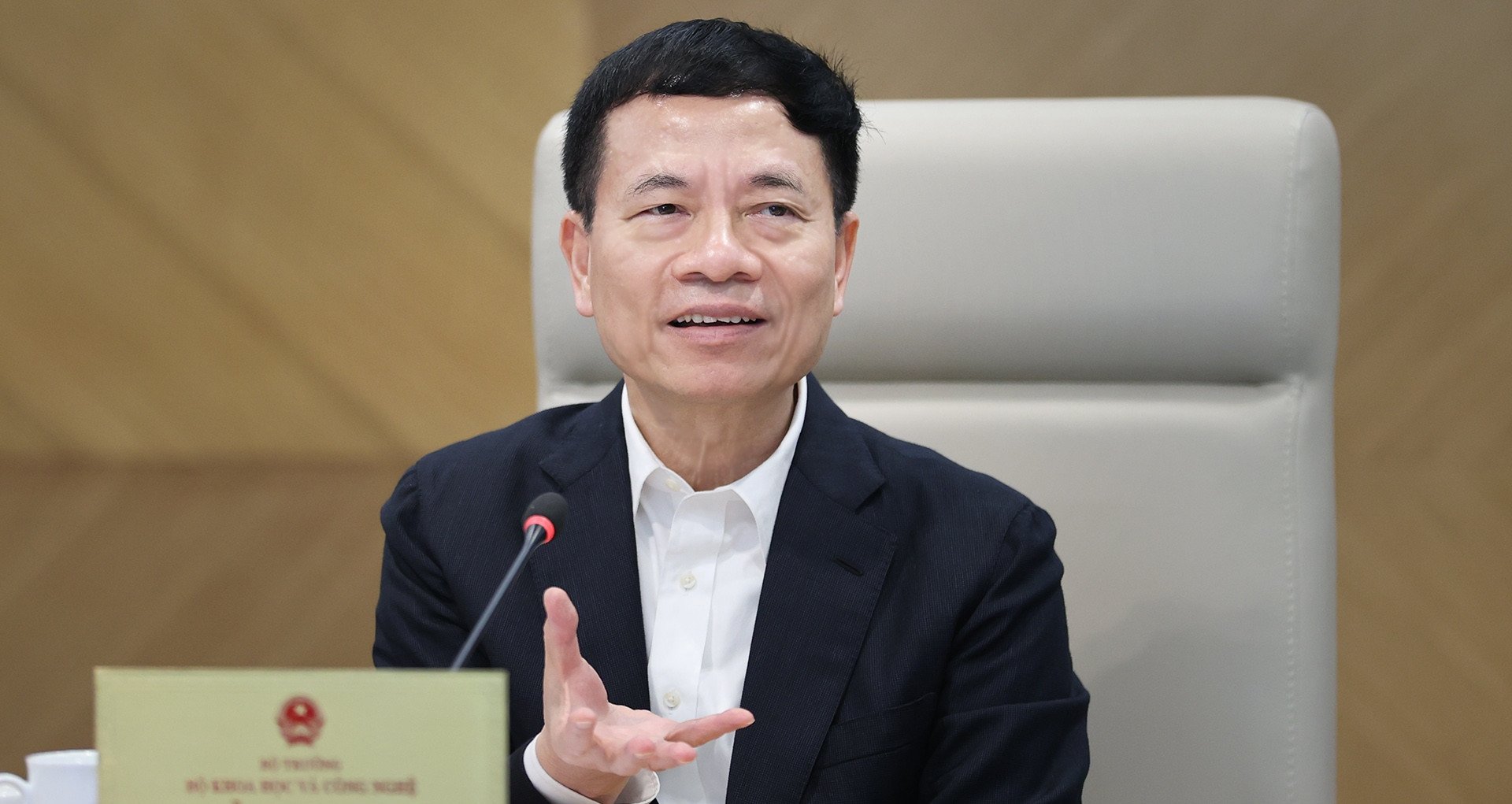
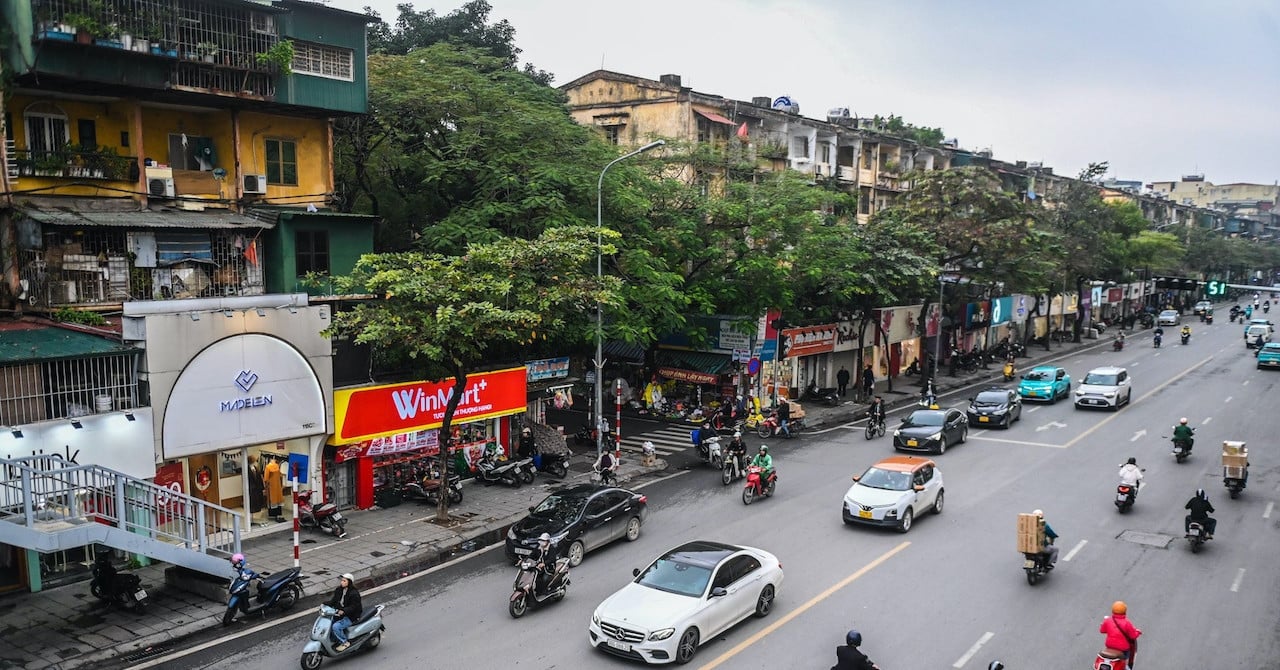
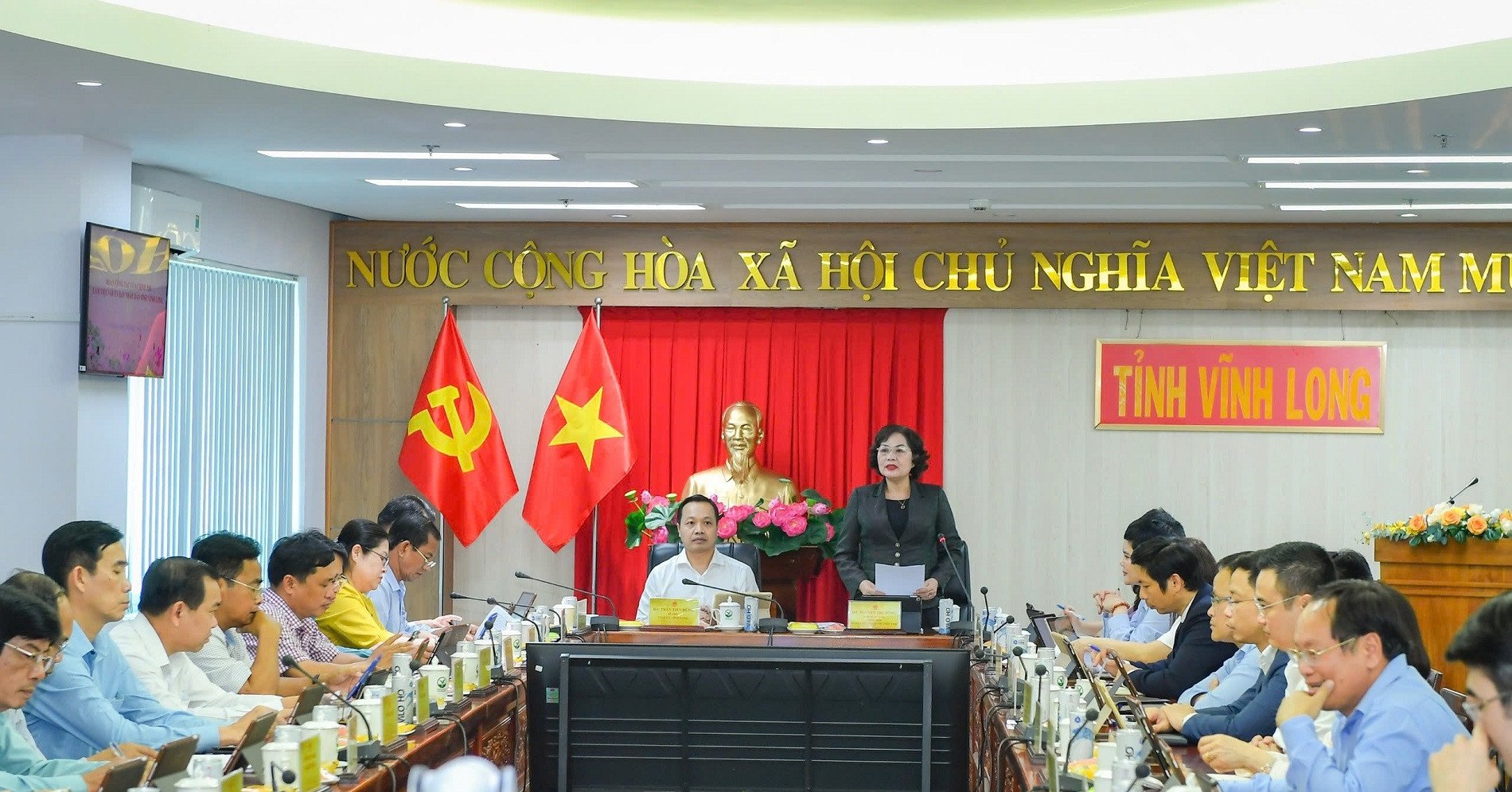
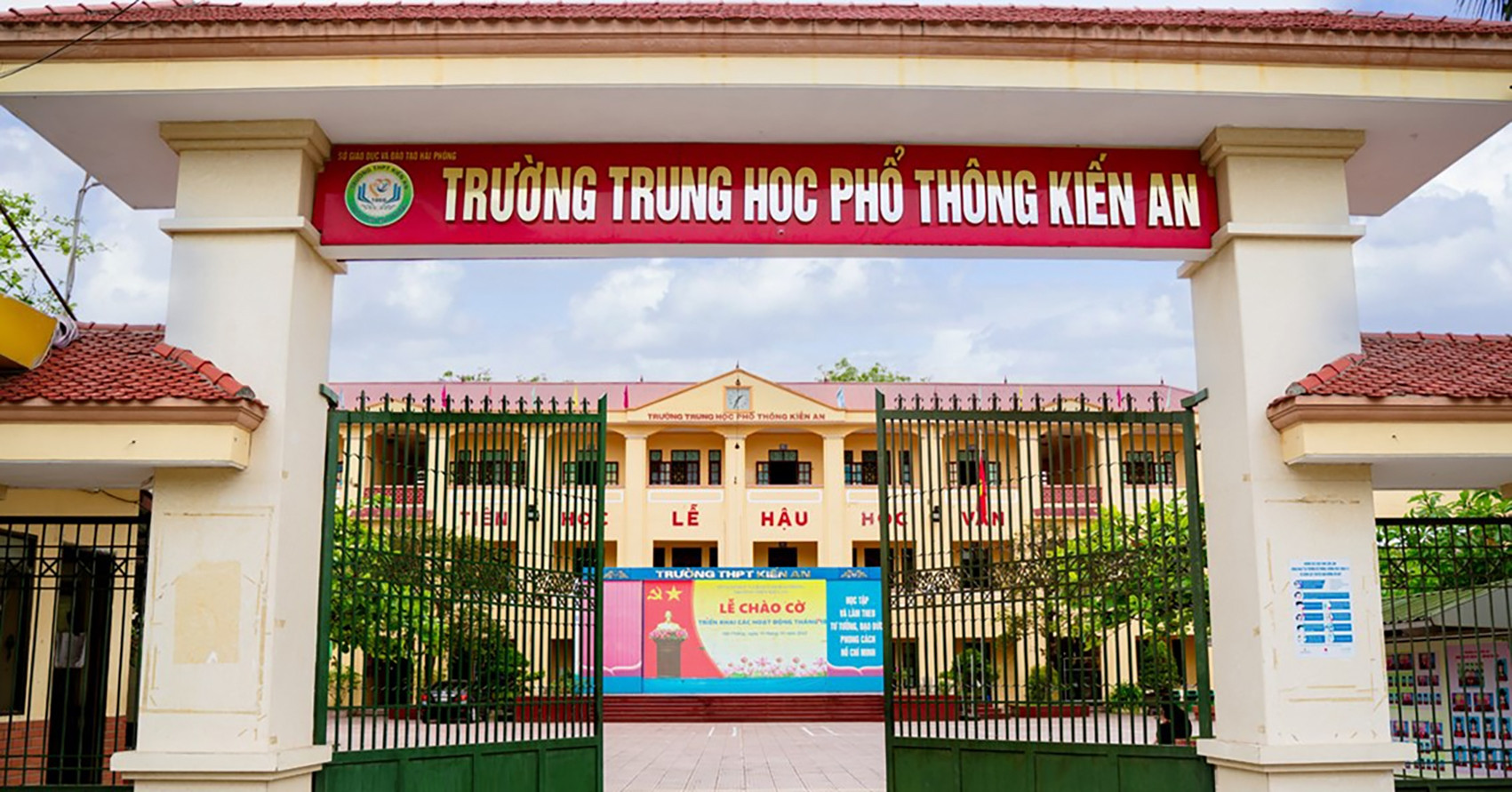
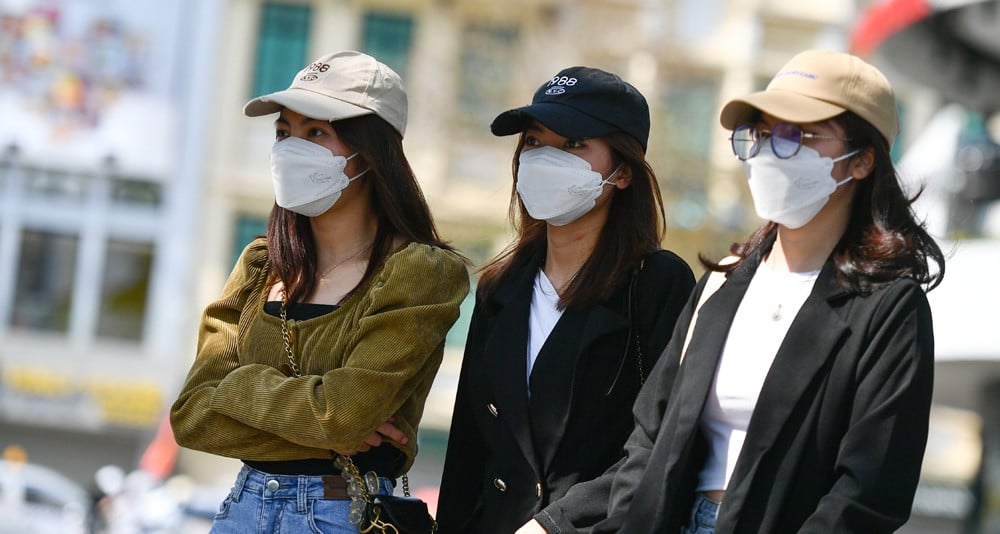
![[Photo] President Luong Cuong receives Ambassador of the Dominican Republic Jaime Francisco Rodriguez](https://vstatic.vietnam.vn/vietnam/resource/IMAGE/2025/3/20/12c7d14ff988439eaa905c56303b4683)








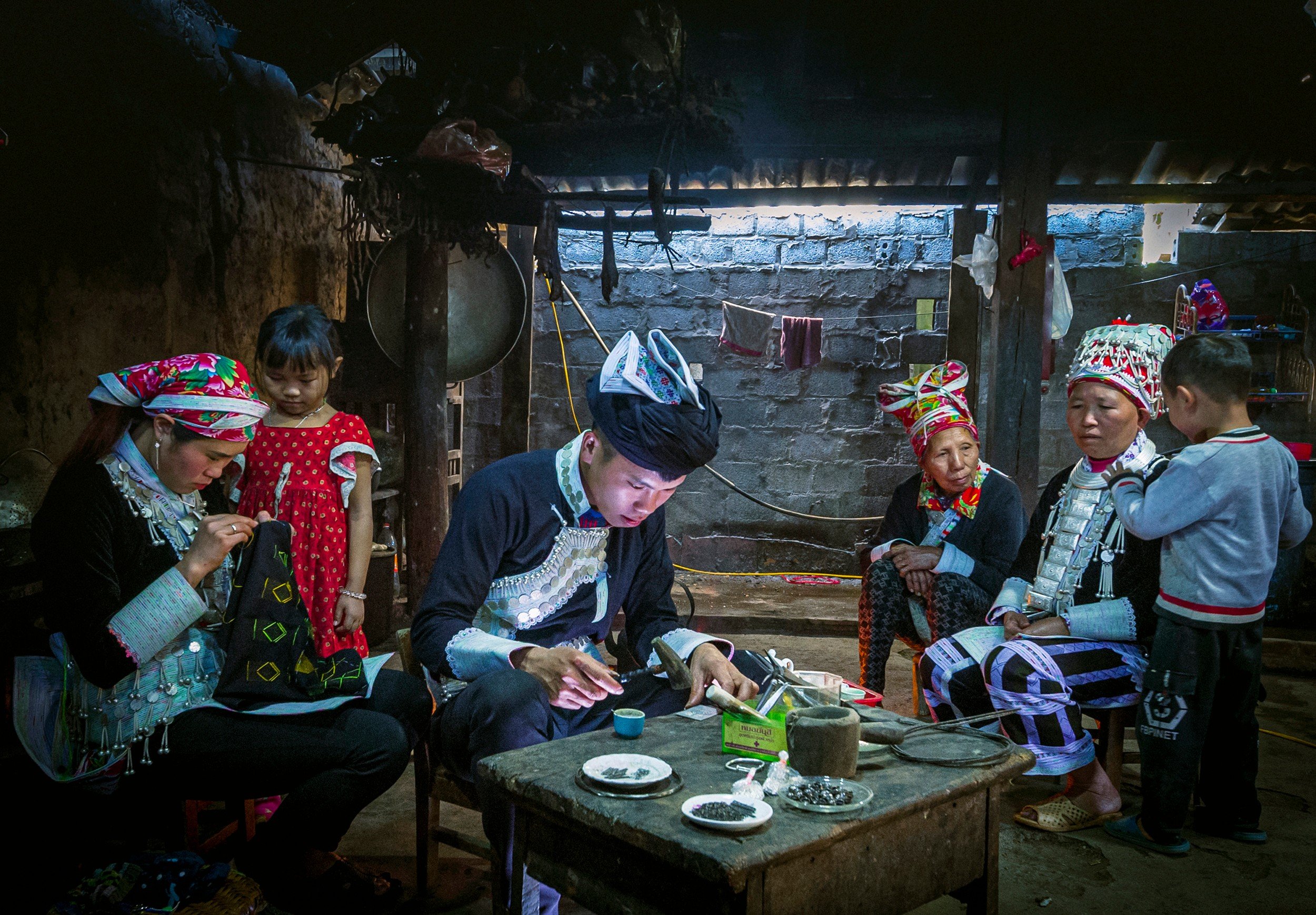




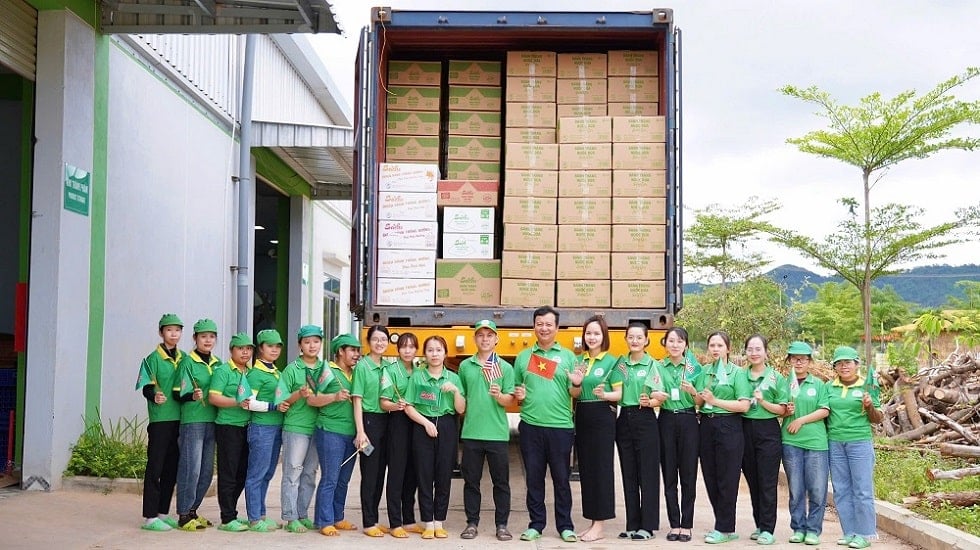



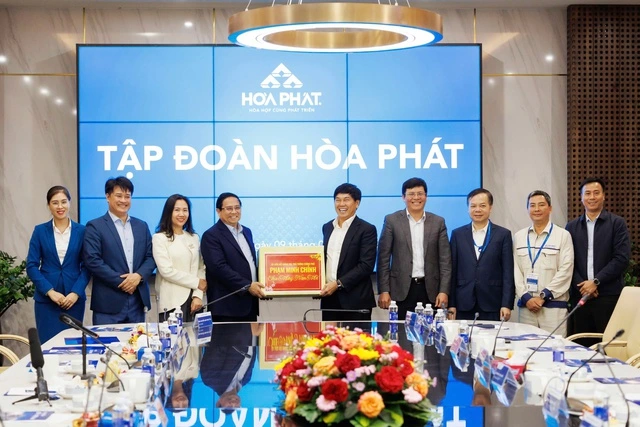






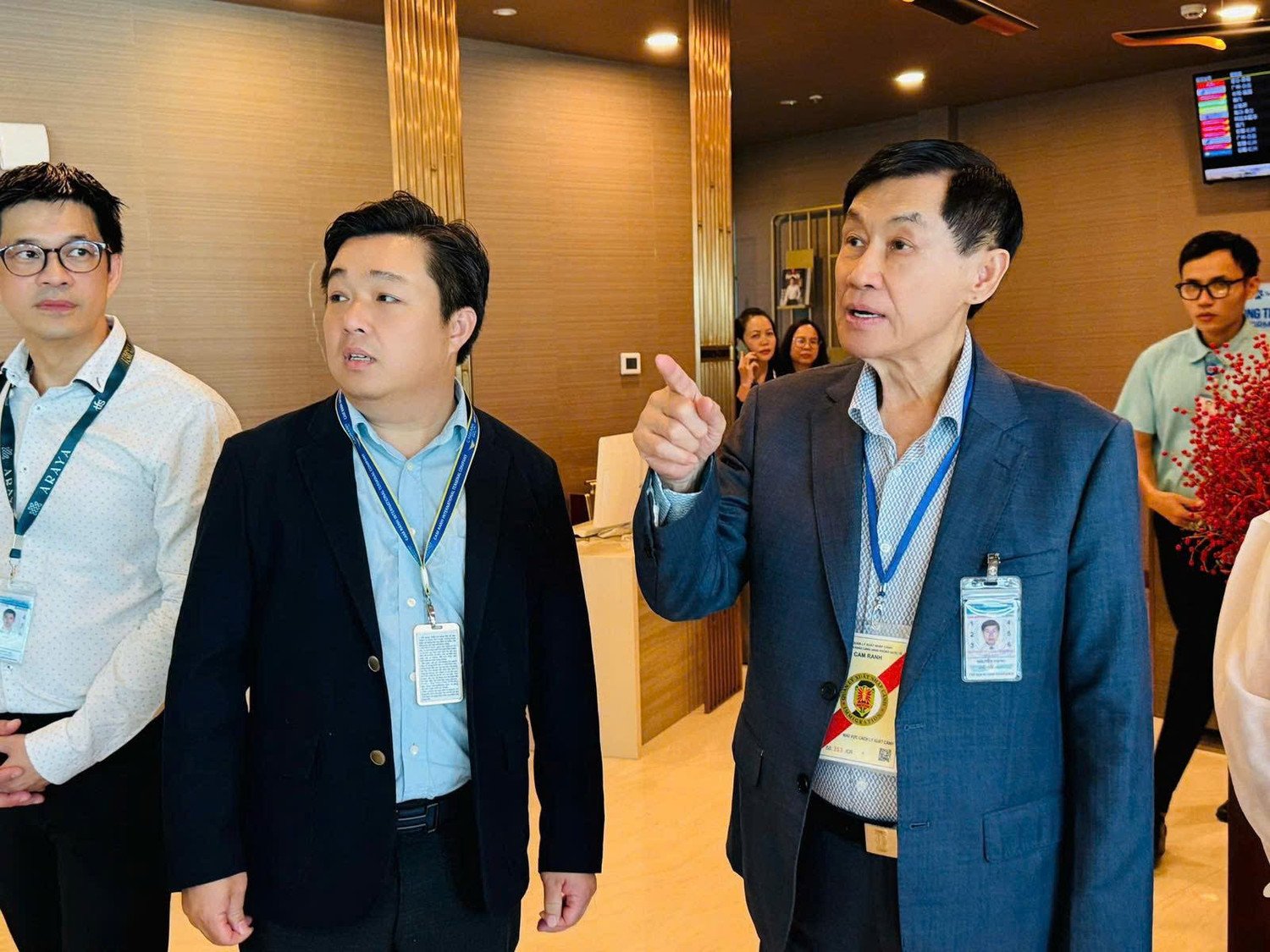




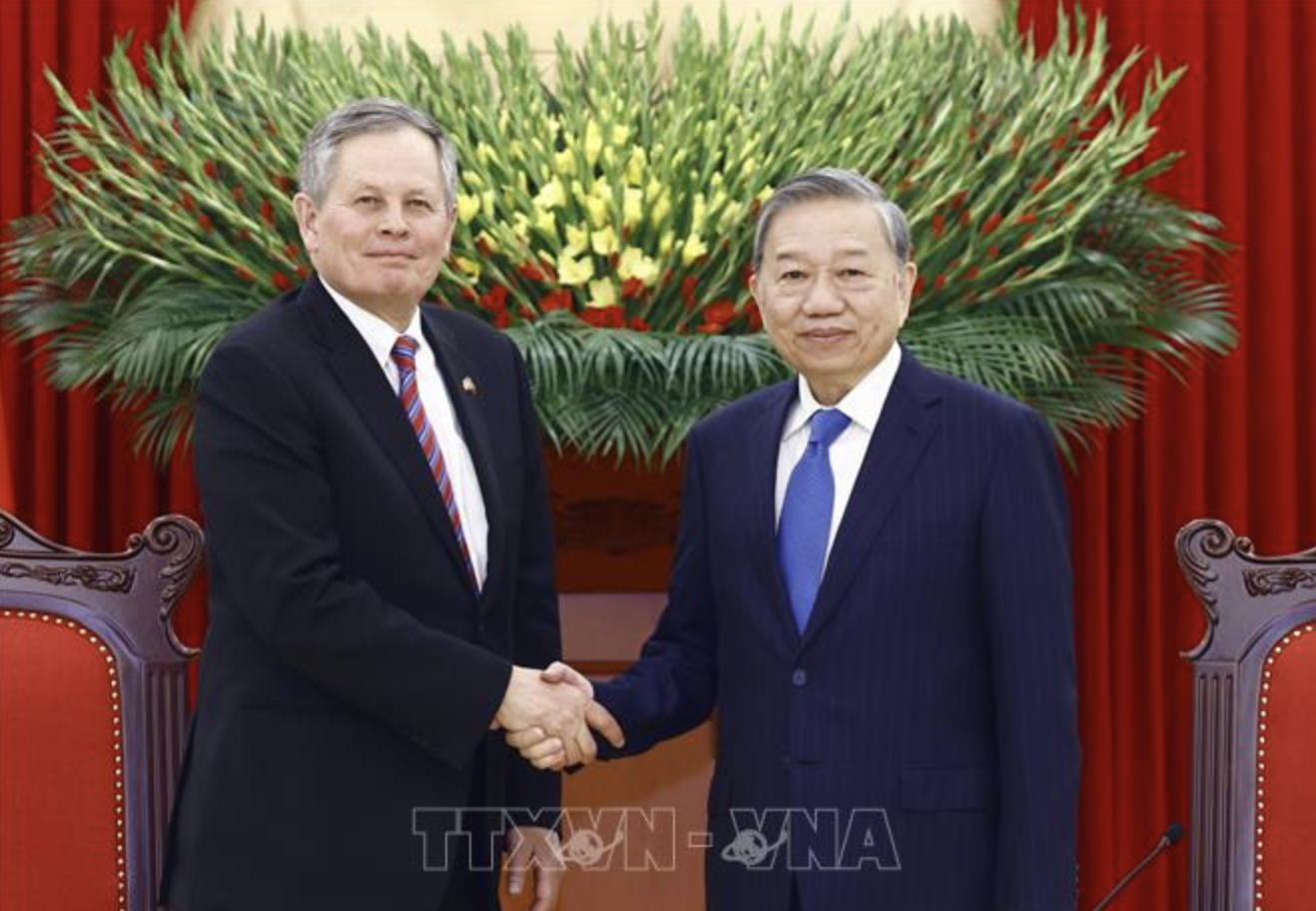


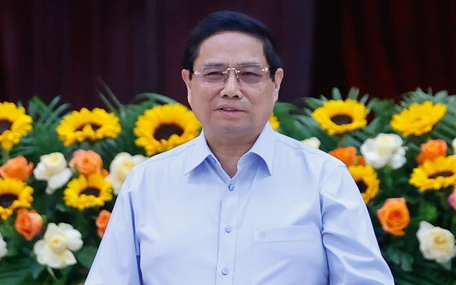
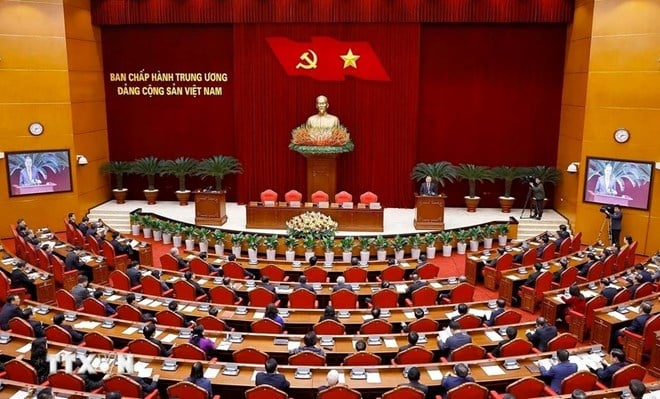

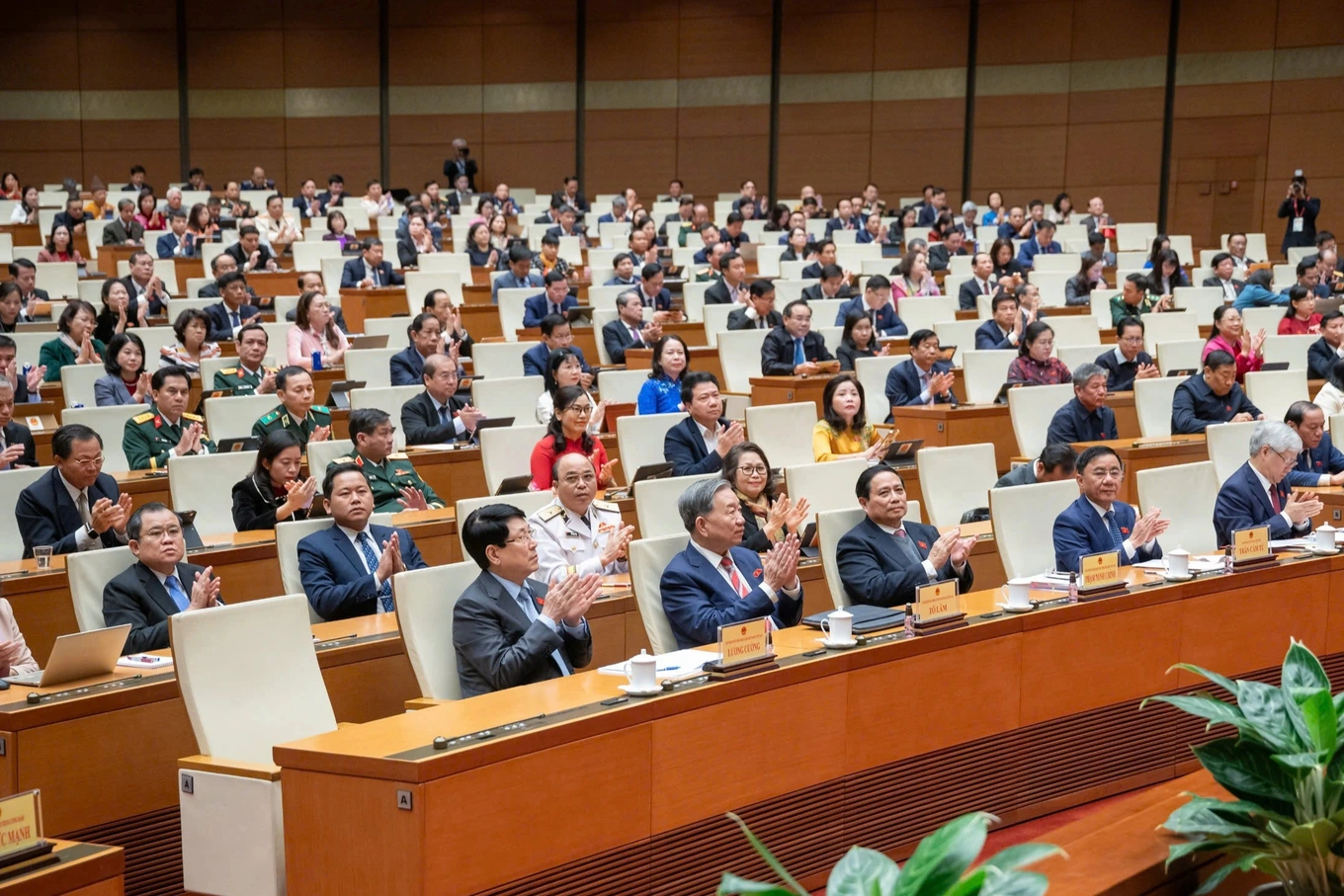

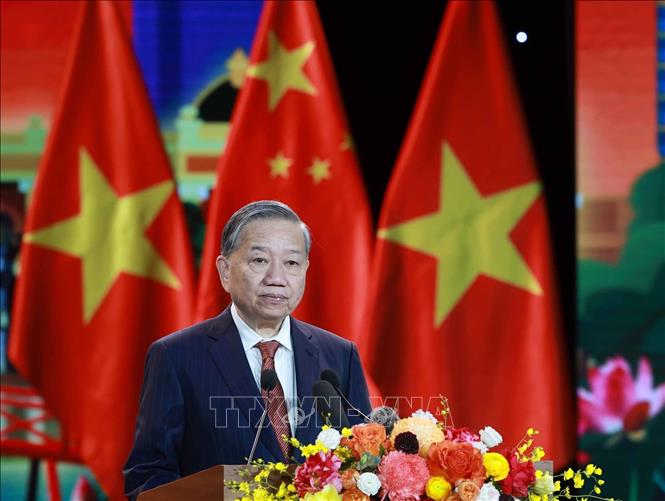
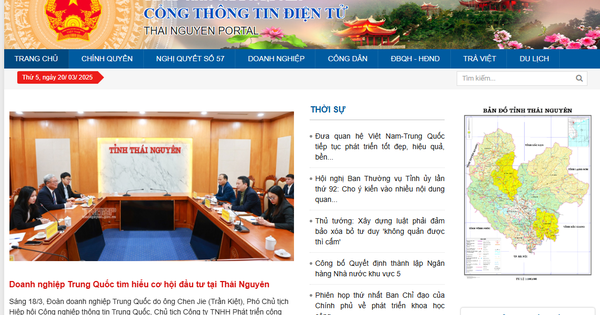

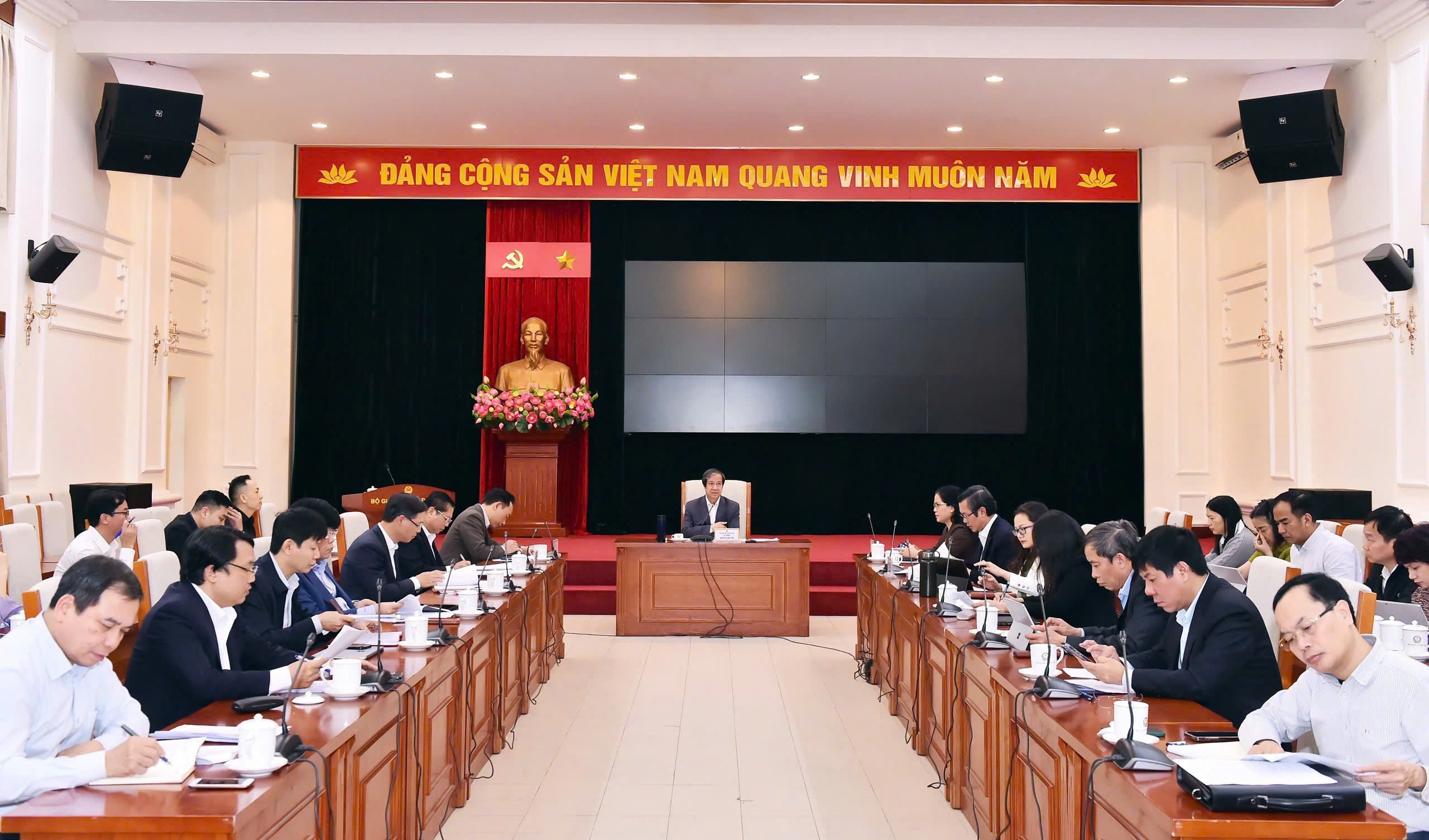



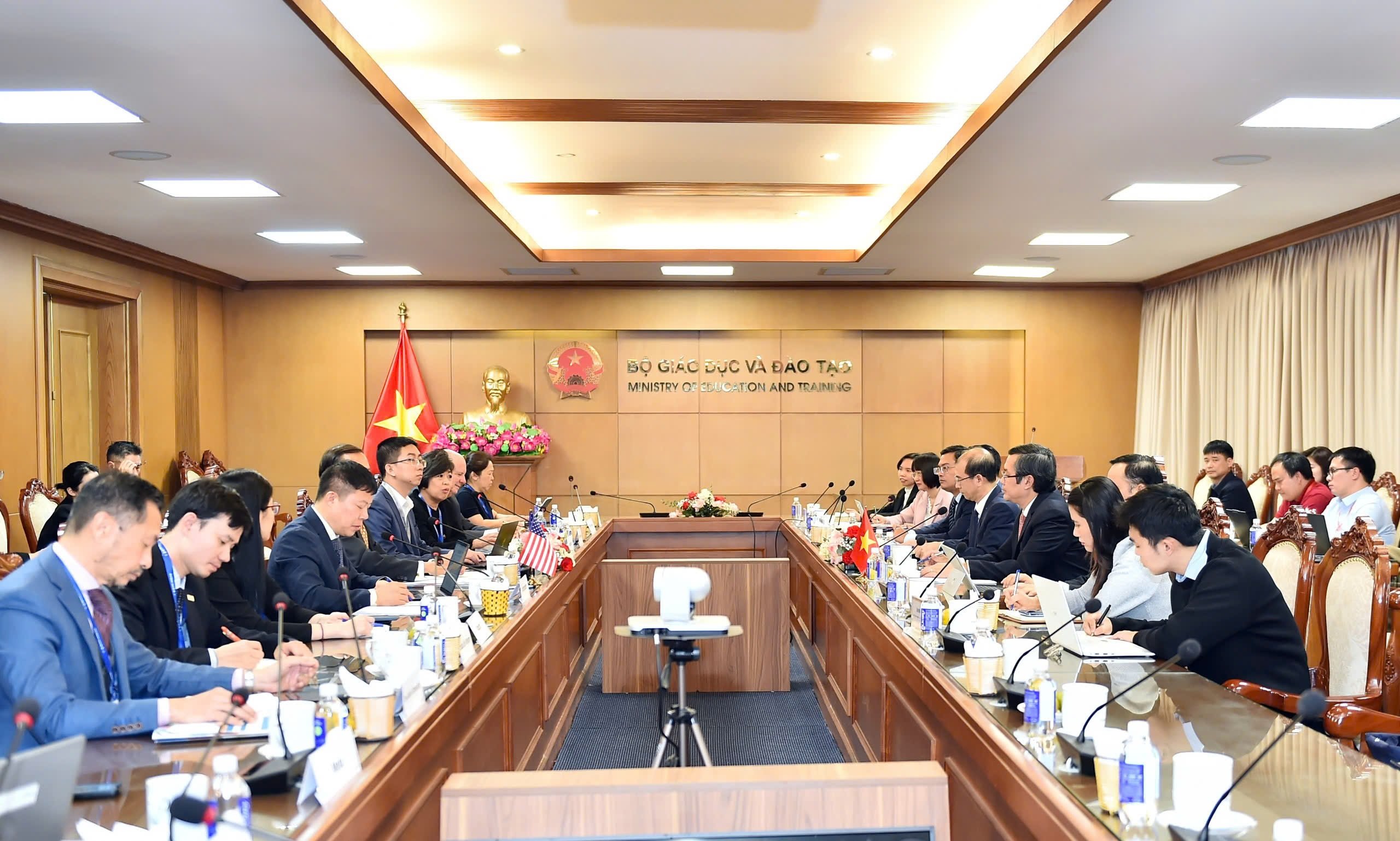
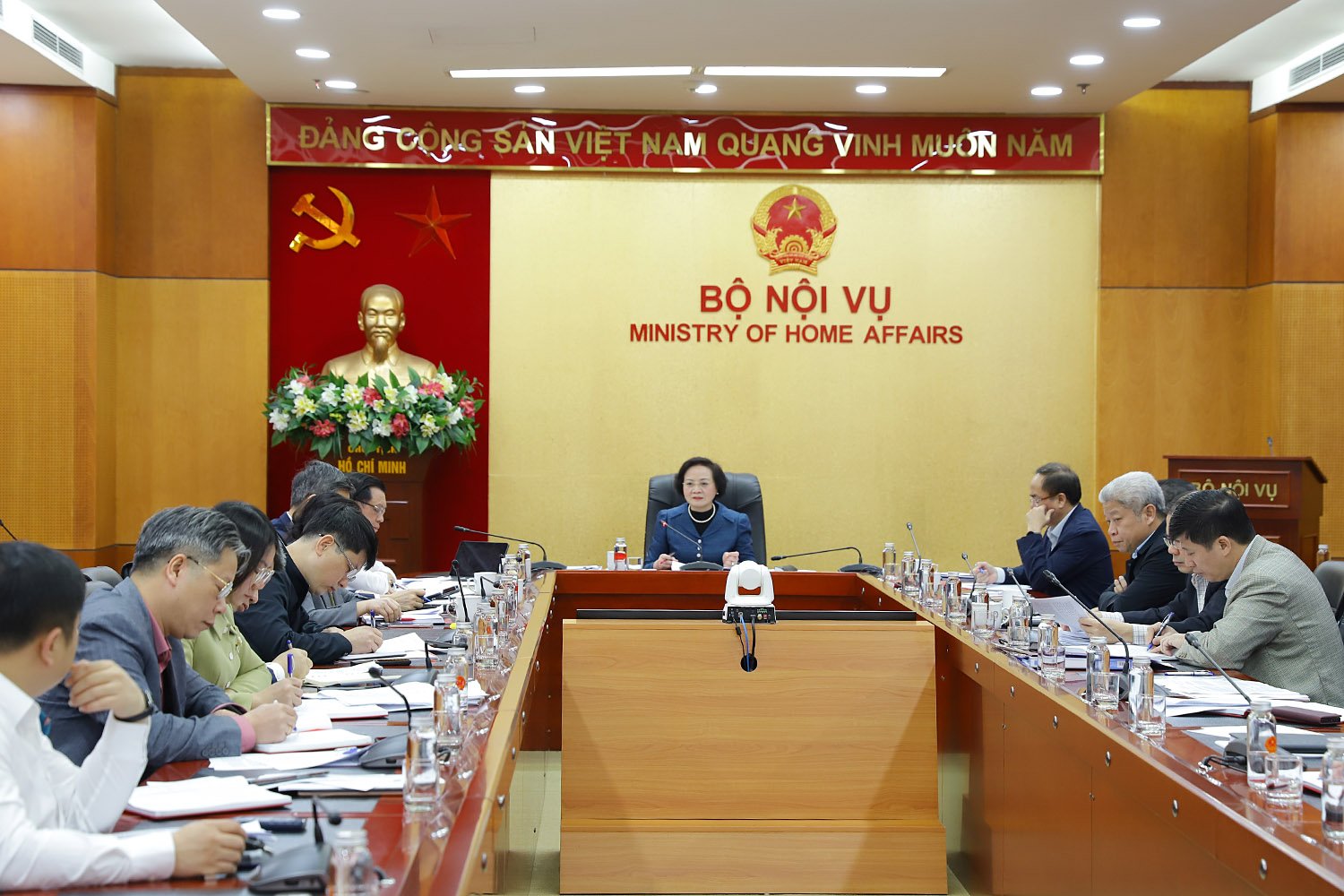

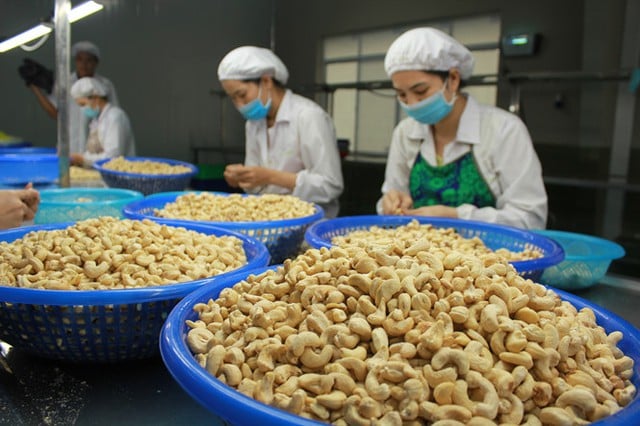


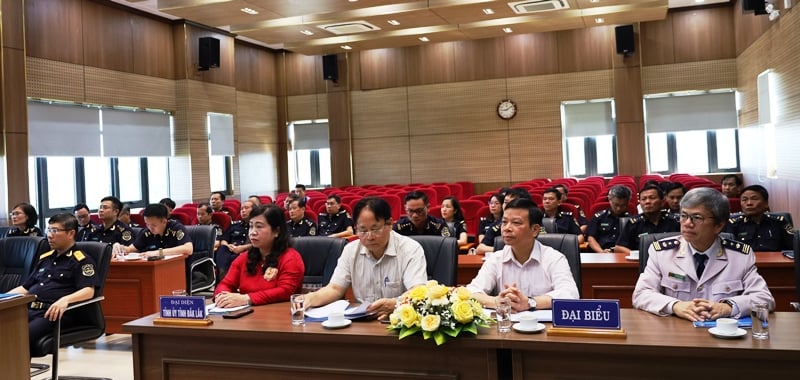
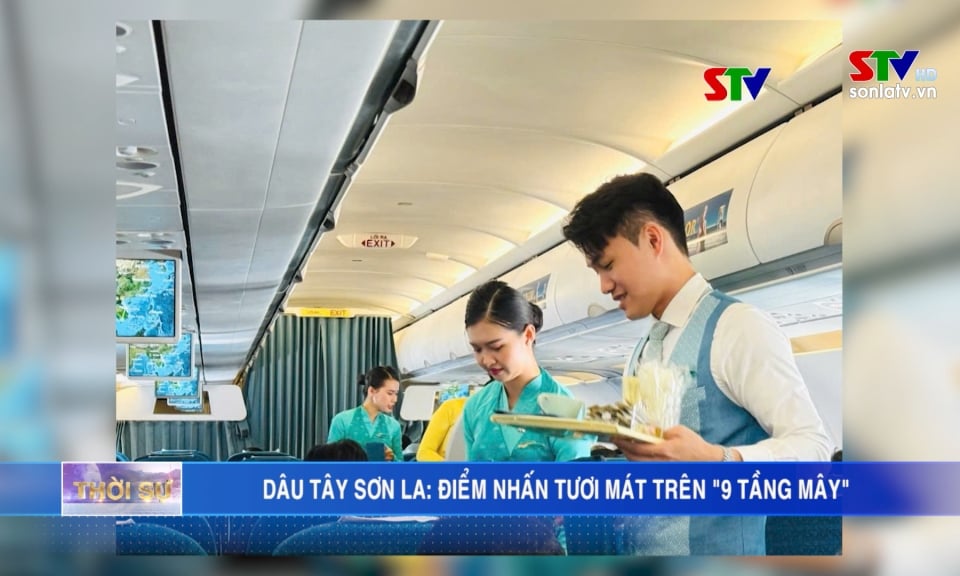

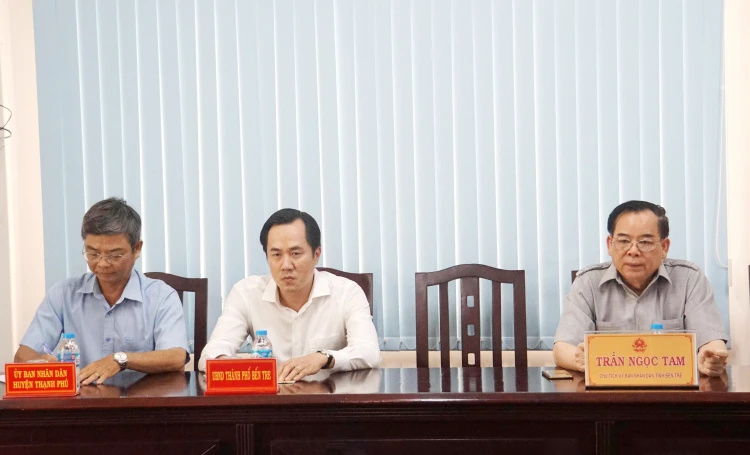
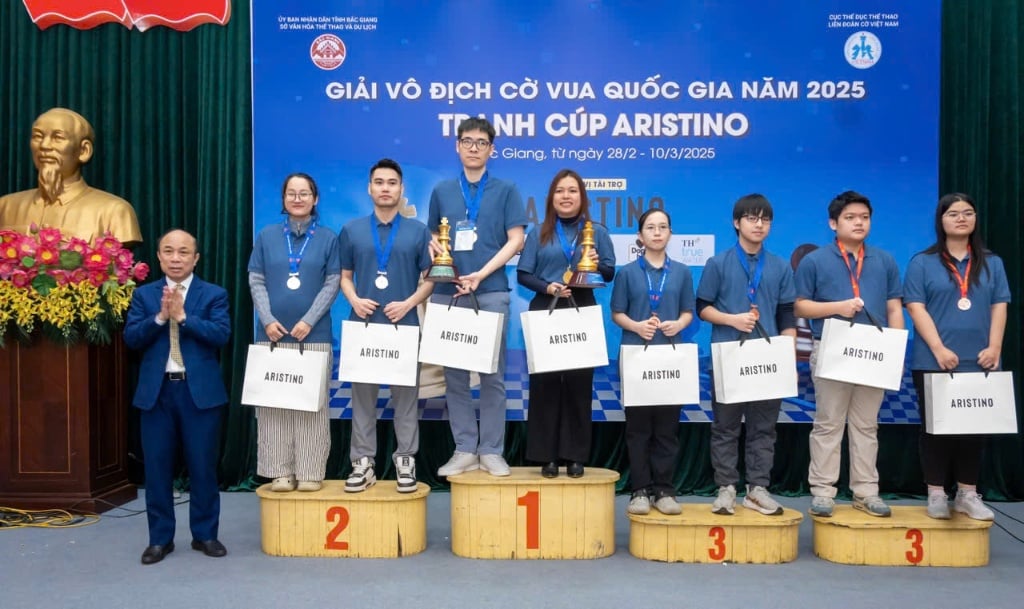
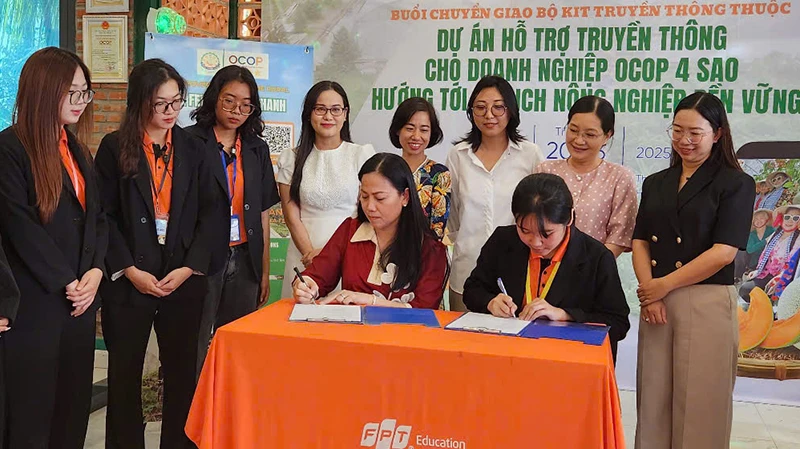
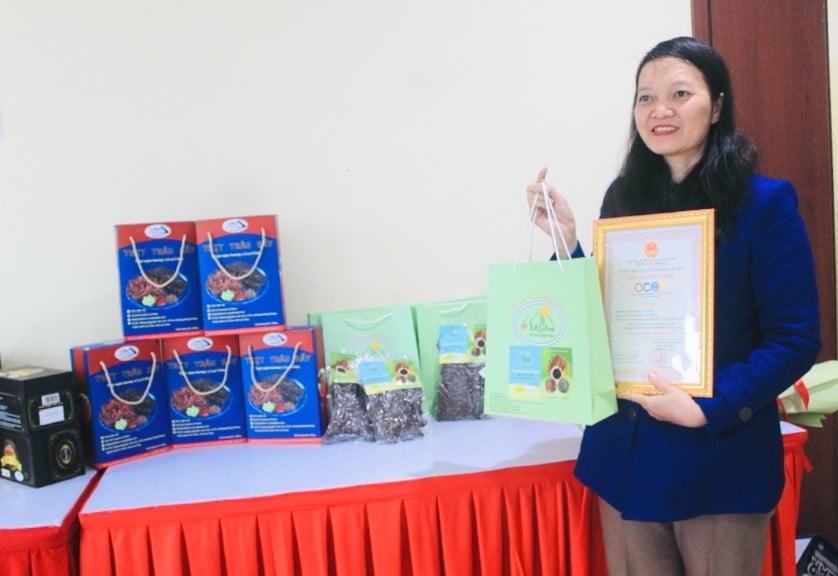

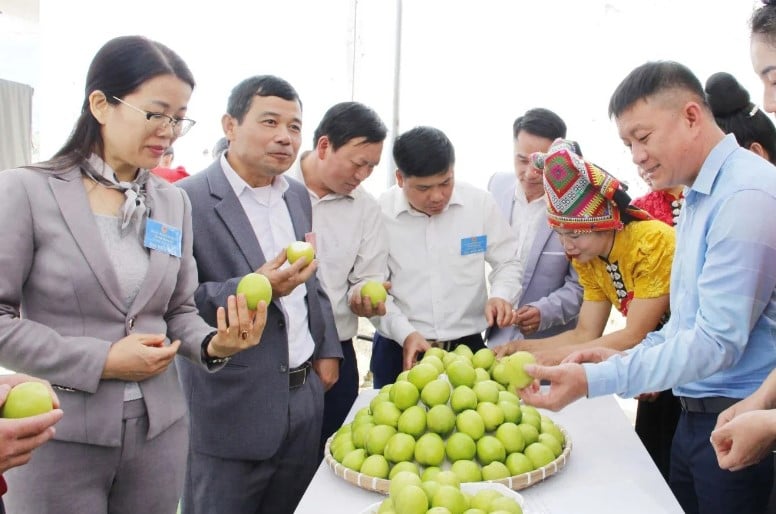
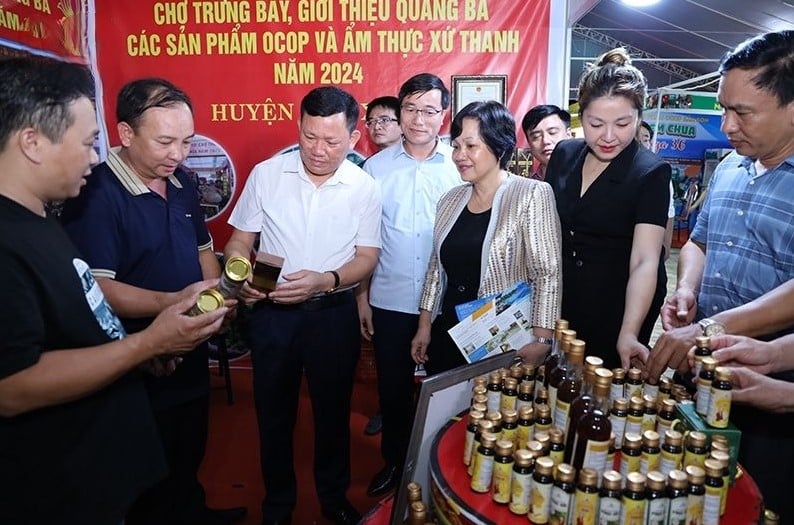

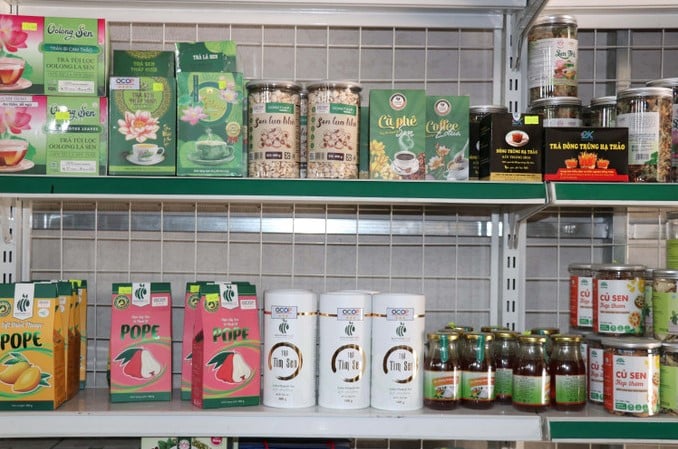
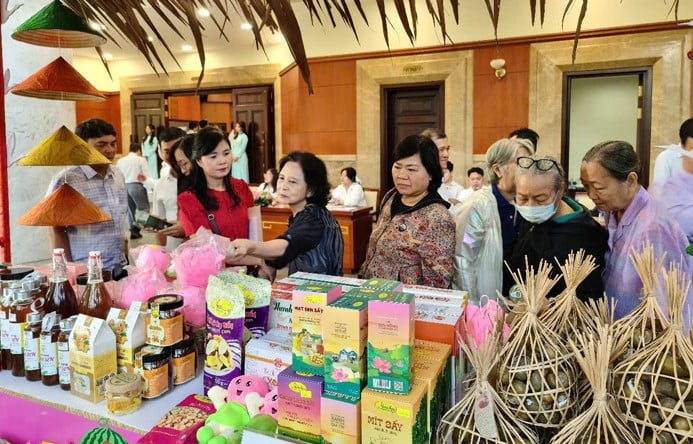
Comment (0)